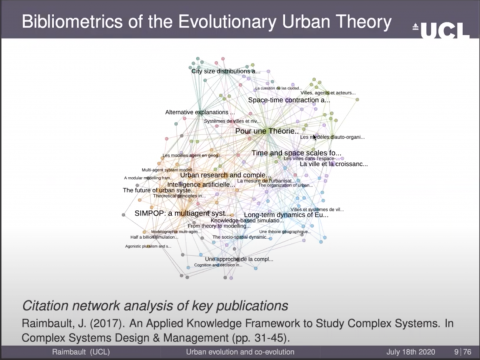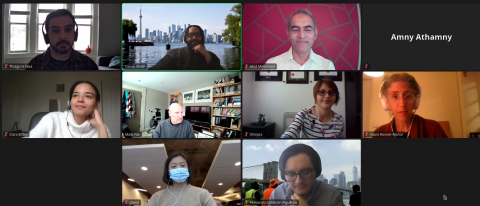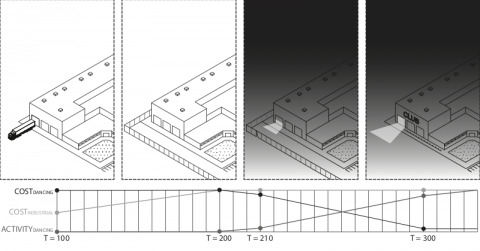-
Seminar with Juste Raimbault

line Generative models of urban form In the the second instalment of this year’s seminar series, we continued to host a dialogue about the adaptation of evolutionary thinking to the study of cities. We were delighted to host Juste Raimbault, from University College London. Dr. Raimbault is the author of a stream of very interesting work on theories and models of urban evolution,…
-
Seminar with Abid Mehmood

In the first of this year’s seminar series, we were delighted to host Abid Mehmood, from Cardiff University. Dr. Mehmood’s paper, “On the history and potentials of evolutionary metaphors in urban planning” provides important insight into various ways in which urban thinkers have incorporated evolutionary images into their conceptualizations of cities. This paper has informed our…
-
Towards a Model of Urban Evolution Part I

line Building a formal model of urban evolution “Towards a model of urban evolution” is a series of papers that seeks to articulate a formal model of urban evolution. Part I provides context and background for the effort, situating it against related work across multiple fields and arguing that the evolutionary approach has the potential…
-
New paper published!: Classification and Regression via Integer Optimization for Neighborhood Change

line Mapping the evolution of cities A challenging part of developing evolutionary models of cities is their dynamism. We must find ways to treat change rather than static states as our topic of interest. That is, we often want to understand what something is by how it becomes. Two neighbourhoods might be very similar in terms of their characteristics…
-
New paper published: Neighbourhood Dynamics with Unharmonized Longitudinal Data

line Mapping the evolution of cities Measuring the evolution of cities is challenging. In particular, definitions of spatial units change over time. The standard methodology is to create standardized definitions and interpolate data across years to the same boundaries. A recently published UGP paper proposes a new methodology for studying long-term neighbourhood change that avoids certain pitfalls…


